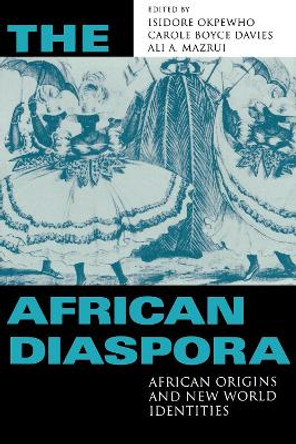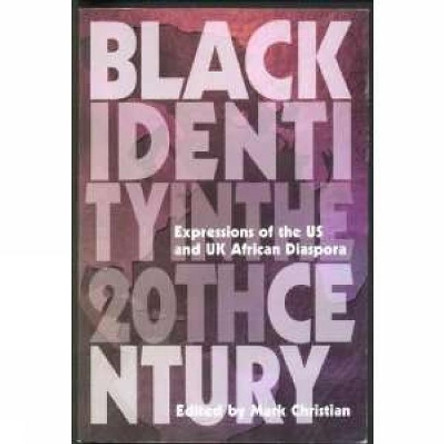Description
Wright argues that three nineteenth-century American and European works addressing race-Thomas Jefferson's Notes on the State of Virginia, G. W. F. Hegel's Philosophy of History, and Count Arthur de Gobineau's Essay on the Inequality of the Human Races-were particularly influential in shaping twentieth-century ideas about Black subjectivity. She considers these treatises in depth and describes how the revolutionary Black thinkers W. E. B. Du Bois, Aime Cesaire, Leopold Sedar Senghor, and Frantz Fanon countered the theories they promulgated. She explains that while Du Bois, Cesaire, Senghor, and Fanon rejected the racist ideologies of Jefferson, Hegel, and Gobineau, for the most part they did so within what remained a nationalist, patriarchal framework. Such persistent nationalist and sexist ideologies were later subverted, Wright shows, in the work of Black women writers including Carolyn Rodgers and Audre Lorde and, more recently, the British novelists Joan Riley, Naomi King, Jo Hodges, and Andrea Levy. By considering diasporic writing ranging from Du Bois to Lorde to the contemporary African novelists Simon Njami and Daniel Biyaoula, Wright reveals Black subjectivity as rich, varied, and always evolving.
A theoretical troubling of the assumptions of uniformity in Blackness, comparing writings by and about African diasporic subjects from the U.S., Britain, France, and Germany
About the Author
Michelle M. Wright is Associate Professor of English at the University of Minnesota. She is a coeditor of Domain Errors! Cyberfeminist Practices.
Reviews
"An important book for scholars of the African diaspora, Becoming Black puts the word 'diaspora' back into African American studies. There are bold new conversations here."-Sharon Holland, author of Raising the Dead: Readings of Death and (Black) Subjectivity
"Becoming Black yields a complex and differentiated understanding of Enlightenment discourses on race and offers a framework for comparing the different models of subjecthood that underwrote the varying histories of colonialism and slavery. It is unique in that it brings Afro-German and Afro-French writings into dialogue with Afro-British and African American texts. There is no existing study of the African diaspora that brings such a range of national traditions together."-Madhu Dubey, author of Signs and Cities: Black Literary Postmodernism
Book Information
ISBN 9780822332886
Author Michelle M. Wright
Format Paperback
Page Count 296
Imprint Duke University Press
Publisher Duke University Press
Weight(grams) 408g







